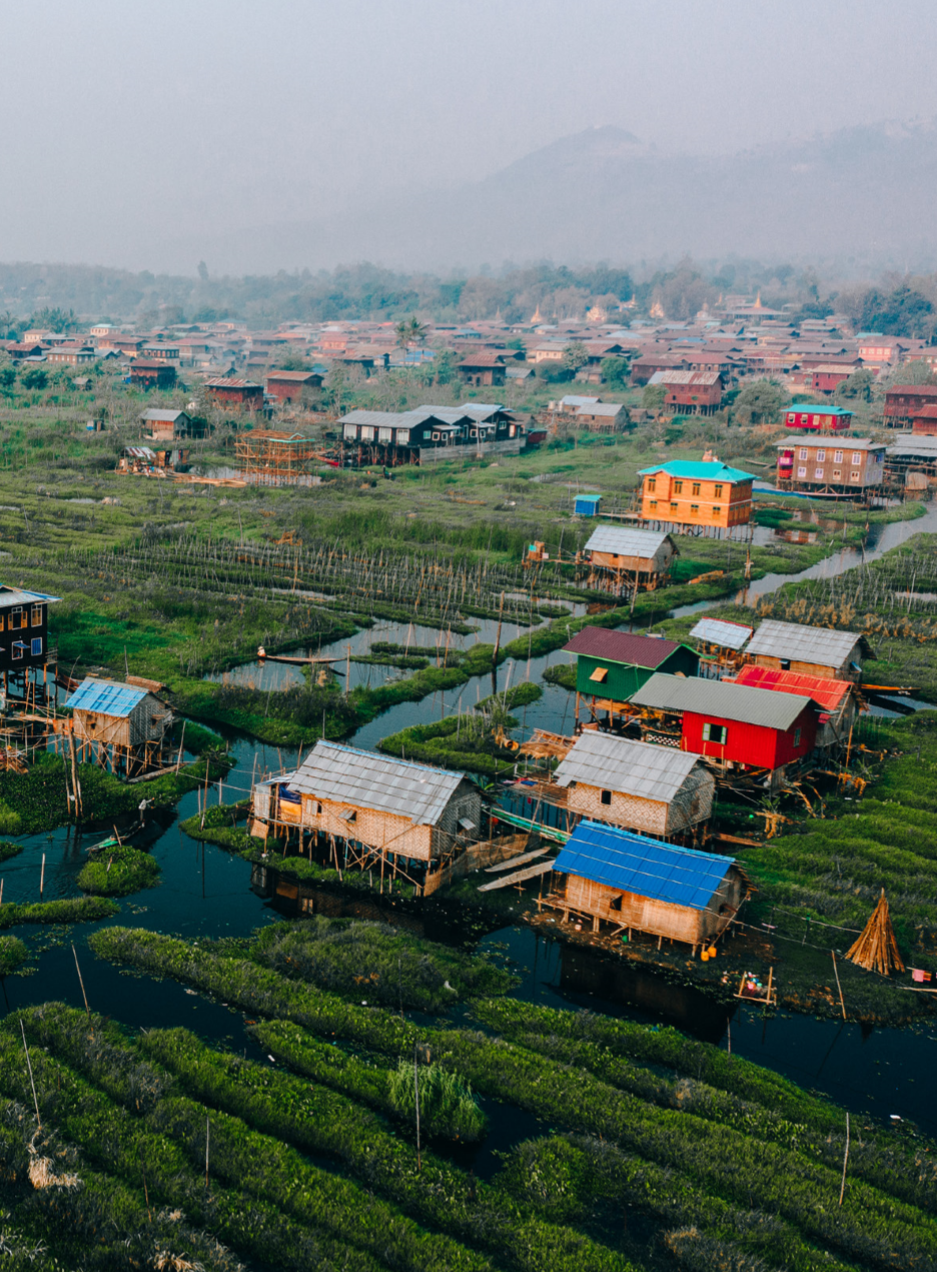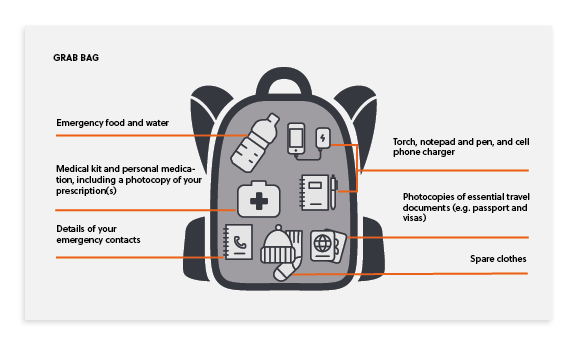Staying safe in the aftermath of Myanmar's coup

The military coup in Myanmar appears far from settled. Myanmar’s military – the Tatmadaw – has sought to cement its grip on power but has been met with firm resistance. The coup came the day before the new parliament of Myanmar was due to be sworn in, with the National League for Democracy (NLD), headed by Aung San Suu Kyi, having won the November 2020 national election in a landslide victory. The Union Solidarity and Development Party favoured by the military had come a distant second, with just 3.1 percent of the vote. A senior Union Election Commission (UEC) official confirmed that election turnout was over 70 percent. Given the NLD’s mandate, the February 1 coup has little popular backing. As a result, the coup’s aftermath has been marred by mass protest and violence, as the military has struggled to establish itself as the legitimate government. By the end of March, authorities had killed more than 420 protesters countrywide since the coup and detained more than 3,000 people.
The detentions have targeted opposition politicians, civil rights activists, protesters and journalists. One of those arrested was Australian economics professor Sean Turnell, who was taking part in an interview with the BBC on 6 February, when he was interrupted by a knock at the door of his home in Myanmar’s capital Naypyidaw. While still on air, Myanmar officials detained Turnell. While his wife and Australian embassy officials have since been allowed to speak with Turnell, it was more than a month before authorities announced he was being investigated for violations of Myanmar’s immigration and official secrets acts. His arrest is likely related to the close relationship he holds with deposed leader Aung San Suu Kyi, for whom Turnell had been a key economic adviser.
With protests ongoing, tensions remain high and the security situation is volatile. An increased military presence remains in place in major cities including Naypyidaw, Yangon and Mandalay. Whether participating in protests or not, anyone in the vicinity of civil unrest is at risk of being targeted by security forces. A Japanese journalist was briefly detained when covering anti-coup protests in Yangon on 26 February. Police had charged at the crowd, and as he fled, he was arrested along with seven others and taken away in a police vehicle. He was released about five hours later.
Foreigners are not being specifically targeted. But given the security forces’ heavy-handed response to protests, and the Tatmadaw’s expansive efforts to contain dissent (including limiting internet access, imposing curfews and banning public gatherings), there is a high degree of uncertainty regarding the steps the military will take, and how forcefully it will respond to future unrest. Even those not participating in protests are at risk: on 15 March, security forces shot and killed a passerby during unrest in the South Dagon township of Yangon. Charity group Save the Children says security forces have killed more than 43 children amid the unrest. Some countries have taken pre-emptive steps to ensure the safety of their citizens, and either encouraged them to return home, or even arranged chartered flights to facilitate evacuations.
But for those staying put security precautions remain paramount. Below, we outline some key considerations for expatriates still remaining in Myanmar.

COUP CONSIDERATIONS
Maintain a low profile. Expatriates should remain vigilant and follow the advice of local authorities.
If travelling, you should be prepared for checkpoints, road closures, and sudden disruption to public traffic and commercial activity.
Disruptions of power, internet, phone networks and ATMs remain widespread and unpredictable and a national curfew is in place between 20h00 and 04h00 and is likely to remain so for the foreseeable future.
General advice for those remaining in Myanmar includes:
- Do not leave your home unless absolutely necessary (e.g. to collect essential provisions, which should be done quickly, avoiding crowds).
- Agree a mutual communication plan with other household members/colleagues/friends and remain in close contact.
- Avoid locations where major protests/marches have taken place, or are expected to.
- Top up SIM cards and keep mobile phones fully charged.
- Refrain from making public statements or contentious or negative comments on social media; monitor the media and local security alerts.
- Register with your national embassy and ensure they are aware of your location and details of your household. EU citizens may contact any EU member state for consular services or information.
- Keep a ‘grab bag’ handy in case you need to leave in a hurry.

